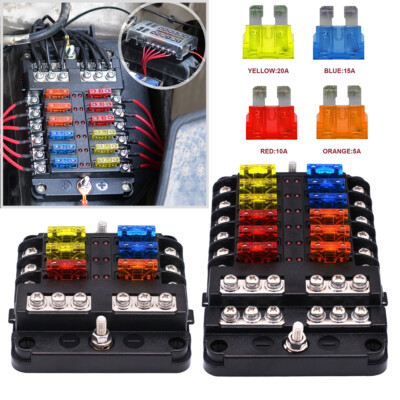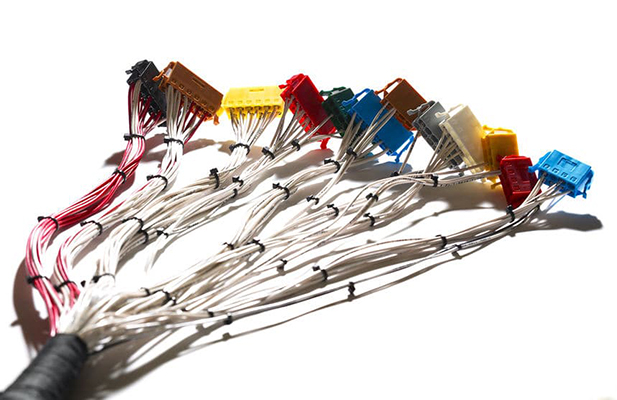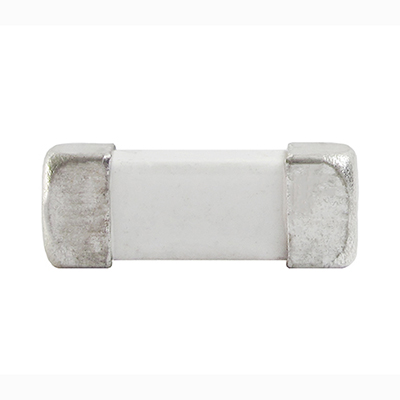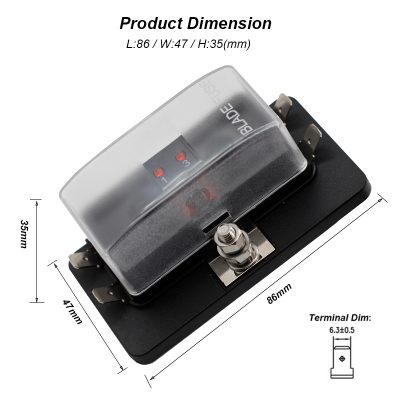Reliable Fuse Box Systems for Military and Tactical Vehicle Operations
News 2025-10-20
Fuse boxes are critical components in military vehicles and tactical transport systems, ensuring the protection of electrical circuits from overloads and short circuits. These devices play a vital role in maintaining operational integrity during missions, where reliability can mean the difference between success and failure. In harsh environments, such as combat zones or rugged terrains, fuse boxes safeguard essential systems like communications, navigation, and weaponry, preventing downtime and enhancing overall mission effectiveness. Their design focuses on durability and quick response to electrical faults, making them indispensable in high-stakes applications.

Key Applications in Military Settings
Military vehicles, including armored personnel carriers and tactical trucks, rely on fuse boxes to manage complex electrical networks. In scenarios involving rapid deployment or intense combat, these systems protect against voltage spikes caused by engine starts or weapon discharges. For instance, in tactical transport operations, fuse boxes ensure that lighting, sensors, and communication equipment function reliably under extreme conditions like dust, moisture, and vibrations. This application extends to unmanned ground vehicles and support units, where compact and robust fuse box designs facilitate seamless integration and reduce the risk of system failures during critical maneuvers.
Performance Advantages and Features
Fuse boxes for military use boast superior performance through features like high-impact resistance and corrosion-proof materials, which withstand environmental stresses better than standard models. They offer precise current protection with fast-acting fuses that minimize damage and allow for easy maintenance in field conditions. Enhanced sealing and modular designs improve longevity, reducing the need for frequent replacements and lowering lifecycle costs. These advantages ensure consistent performance in temperature extremes and electromagnetic interference, providing tactical advantages by keeping vehicles operational and crews safe during prolonged engagements.
Frequently Asked Questions
1. What is the primary function of a fuse box in military vehicles?
It protects electrical circuits by interrupting current flow during overloads or shorts, preventing damage to critical systems.
2. How do military fuse boxes differ from civilian ones?
They are built with rugged materials and enhanced sealing to handle extreme conditions like shocks, vibrations, and environmental hazards not typically encountered in civilian use.
3. What maintenance is required for these fuse boxes?
Regular inspections and fuse replacements are needed, but their design allows for quick access and minimal downtime, often without specialized tools.


